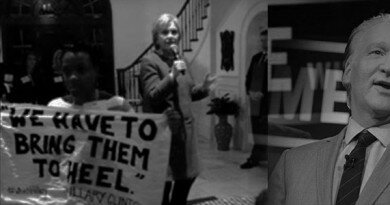Institutional Racism In Economy Has Its Long-Lasting Consequences
Racism turns out to be one of the main income inequality causes even for educated Blacks, 35-year research shows.
The supposition that Black Americans aren’t generating any wealth is a wide-spread concept. Economic Policy Institute (EPI), has recently published a report saying that the black-white wage gap, for now, is the biggest since 1979.
Back in the 1970s, Black low-skilled workers used to get the smallest salaries compared to their white counterparts. By 2014 wage gap between white and Black educated specialists has reached 18 percent. The same rule works for women. The price for being educated-while-Black in 2014 was about 12 percent. Valerie Wilson, director of EPI’s program on race, ethnicity and the economy, and William Rodgers III — calculate how different factors have contributed to these changes.
Valerie Wilson, director of EPI’s program on race, ethnicity and the economy, and William Rodgers III decided to calculate the impact of the different factors on the current situation. It’s not surprising that discrimination and income inequality turned out on the top of their list of income inequality causes.
“We have minimum wages, but there isn’t a wage ceiling,” Wilson noted. “There’s much more room for discrimination and inequality at the top. What’s happened is that the top one percent have really pulled away.”
The biggest salaries are paid in the financial and corporate sectors of the economy, where Black are either not present or are deprived of serious career opportunities.
“Finance and management still remain very white-dominated, and those are the occupations that are seeing the highest rates of return,” a Harvard sociologist not participating in the research told in an interview. “And to an extent, those kind of jobs are filled through elite networks that African-Americans have been historically excluded from.”
Besides that, Pew states Blacks with college education have more chances face discrimination and racism in the workplace and tend to claim that their skin color becomes a source of life hardships.
The conclusions which can be made from the study sound sarcastic: the more educated a Black man gets the strong is the influence of the institutional racism on his life is.
The EPI report says that economy itself has been and is working against financial thriving of the African-Americans, as at the times of Great Recession they suffer through difficulties with finding and keeping their jobs. In recent 50 years, Black unemployment rate has remained twice as big as the white unemployment rate.
It is perfectly clear racism has infiltrated even into the highest levels of economy and a lot of specific training and research are required to mend the situation at the federal level.






